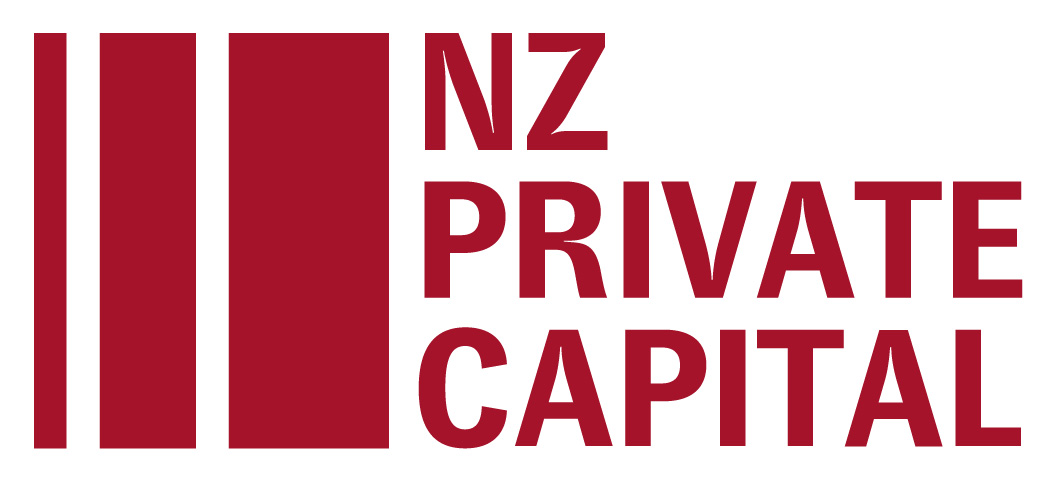Feeding the world, blissfully
From hand-rolling bliss balls to exporting to South Korea, Maria Slade spoke one half of Tom & Luke about taking their healthy bars and balls global.
Tom Dorman may be one half of the duo giving its name to Kiwi healthy snacks success story Tom & Luke, but he is not a 50 percent kind of guy. Tom and his business partner Luke Cooper have come a long way since the days of making products by hand in their Wainuiomata factory and talking their way into trade shows. The duo has become a trio, with managing director Richard Plimmer; the company has grown to 45 staff; and now Tom & Luke products are set to debut on South Korean shelves in November, the company’s second export market.
Dorman is taking the latest Tom & Luke development so seriously that he’s learning Korean.
“It’s definitely necessary, it’s not like Hong Kong where a lot of people speak English,” he says. “The idea of being able to think and speak in another language is cool, you expose yourself to another way of thinking.
“I’m finding the vowel sounds quite similar to Māori.”
A shared passion for health and good food was the genesis for Tom & Luke. The business partners met five years ago when Dorman, a personal trainer, worked in a gym across the road from the cafe where Cooper was a chef.
Frustrated by the high sugar content and additives in supposedly healthy snack foods, they started developing bars and bliss balls that are high in fibre, protein and fat, without any of the nasties.
They had found their market, and Tom & Luke grew quickly from there. The brand is now sold in supermarkets throughout New Zealand and in Woolworths and Coles Express stores in Australia. The company has made it onto the Deloitte Fast 50 rankings for the first time this year.
This rapid growth hasn’t been without its challenges, Dorman says. Getting the order volumes right for some of its big supermarket customers can be hard. “Orders can come in late, and then we’re under the pump.
“With any business it’s a constant challenge of trying to match your holding stock with what you’re producing to order and where it’s got to go.”
The Korean connection came about through Plimmer. The proposed distributor specialises in bringing New Zealand products to Korea and had a relationship with another business he’d been involved in.
“They came back to New Zealand and said, ‘we need to bring something cool and different back to Korea’. They saw our products and contacted people from Richard’s previous business, and it turned out Richard was working with us.”
Fresh from a visit to their new market, Dorman notes that the fitness industry isn’t big in Korea so unlike New Zealand, that won’t be a primary means of reaching their customers.
“People are just naturally healthy. The culture is very big on fresh, high quality food; they don’t have an obesity problem like we do here. We’re going over there talking about fruit and nuts.”
Tom & Luke is also eyeing the North American market, but there door-knocking and using ambassadors in the fitness industry will once again be key.
“People aren’t going to buy what they haven’t tried,” he says. “If we can get in front of some group fitness instructors, for us that’s our target market, having a healthy option for people.
“I used to work at Les Mills, we’ve got good relationships with them and Lululemon. Both have been good platforms to help us get to a wider audience.”
Kiwibank business manager Jayden Devonshire has worked with Tom & Luke since its beginnings. “I actually noticed their vans around Wellington and had a look, thinking ‘I might call on that business, it could be a future customer’.”
Devonshire also knew Richard Plimmer from previous ventures, and it was clear the firm’s product had a market much bigger than they were reaching, he says.
“They were looking to get into supermarket chains – that’s when the need for cash flow assistance came around. I could see what they were doing and it was relatively easy from our point of view in the end.”
Because they were growing so fast the company needed to ramp up production. Devonshire put Tom & Luke in touch with Kiwibank’s Asset Finance team, who helped the firm fit out its Wainuiomata factory with the right equipment, funded via asset finance loans.
“That really helped with cash flow, so they didn’t have to spend all their cash on machines,” Devonshire says.
While they were rattling around a massive warehouse at that stage, now the company is bursting at the seams and figuring out how to expand is currently one of its biggest challenges he says.
“They’ve fitted out their current place for what makes it productive for them. A lot of planning would have to go into a new one,” Devonshire says. There are a lot of costs involved in moving equipment, which impacts cash flow.”
Kiwibank has been great in terms of its support and understanding that Tom & Luke was a small business starting out, Dorman says. “There’s been a fair bit of flexibility around what we can and can’t do.”
Because of the work the business partners have put into growing the enterprise they have received several approaches from investment firms, Dorman says. “We held off on that for a bit, and eventually we went with people who aligned with our values.”
That shareholder is Pioneer Capital, whose investment allows Tom & Luke to make its future expansion plans happen faster, he says. Wherever the business goes from here it will always remain true to the founders’ passion for spreading the message about healthy lifestyle.
